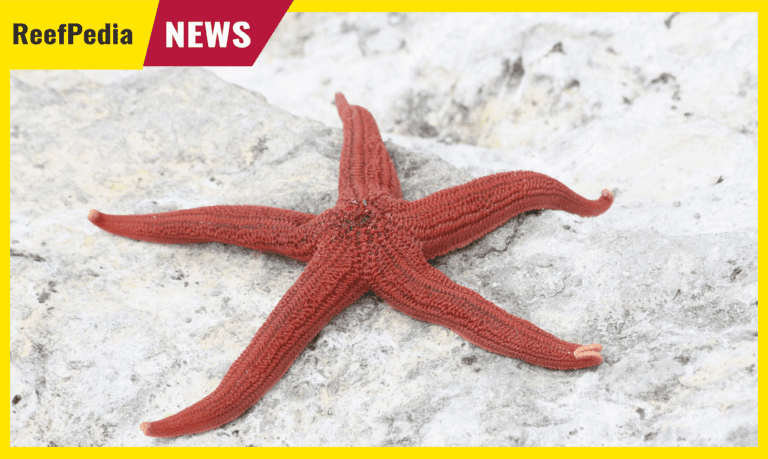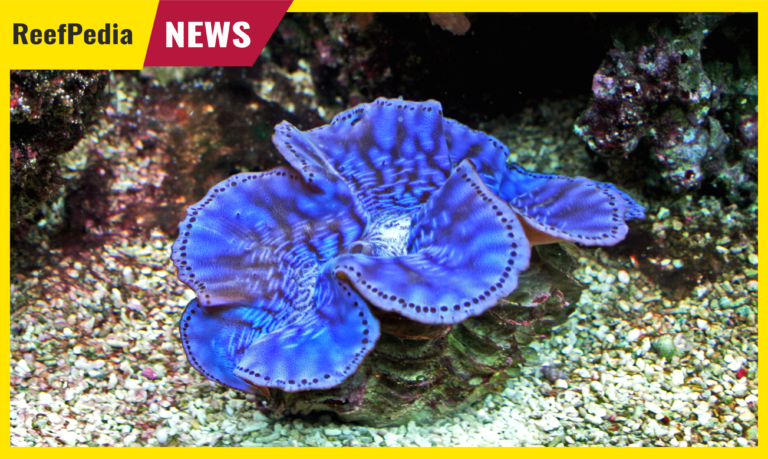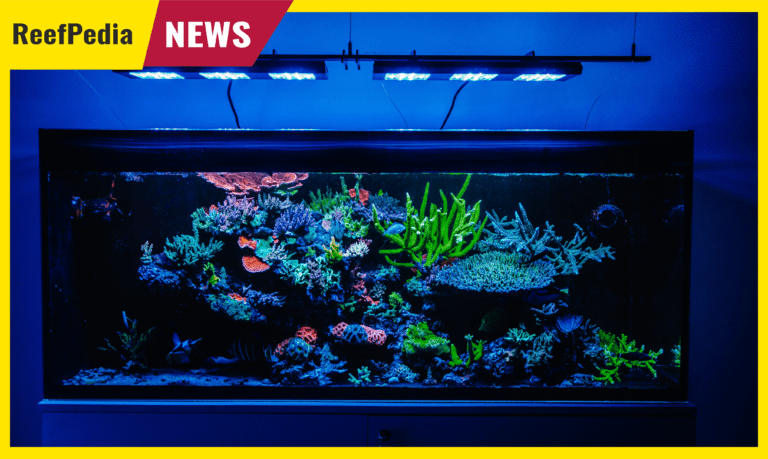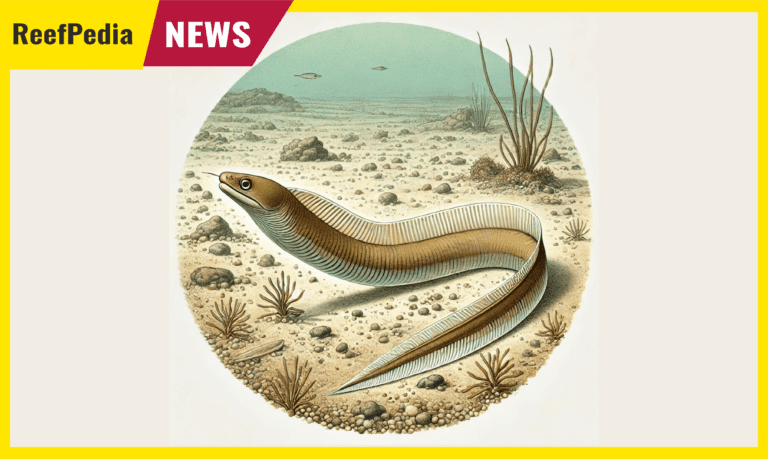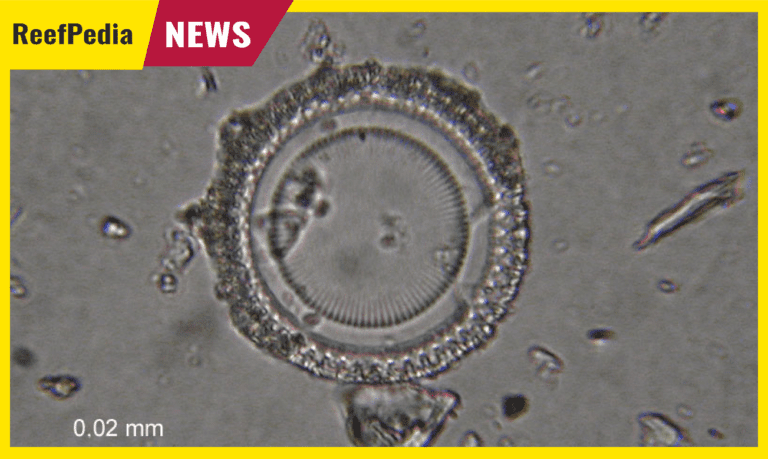
Cocaine in shark bodies
New research in Brazil has found alarming levels of cocaine in the bodies of shortfin mako sharks, which indicates serious pollution in coastal waters. This discovery highlights the importance of monitoring and environmental control in the fight against pollutants affecting marine ecosystems.

